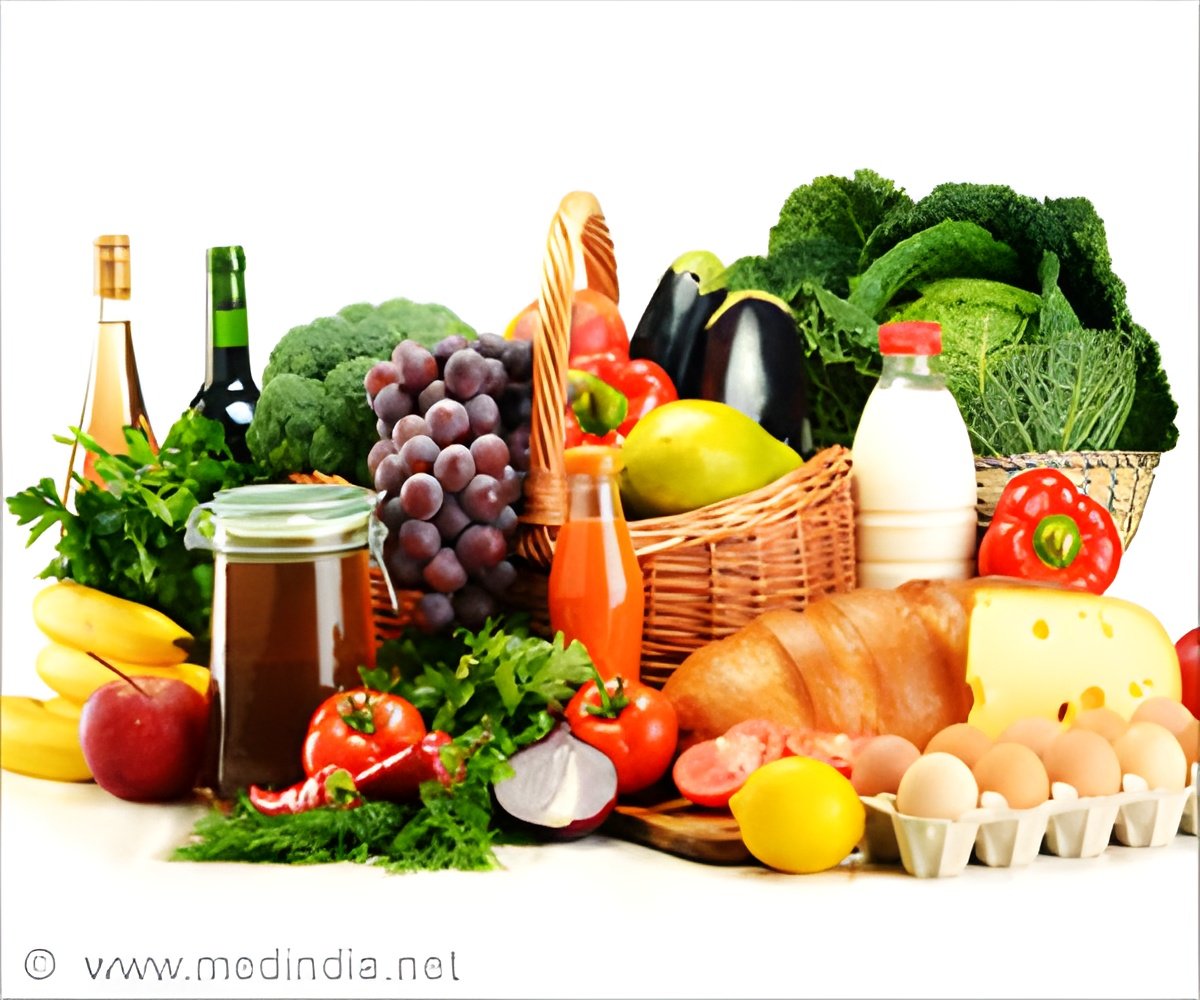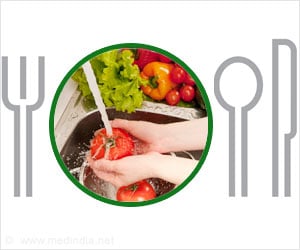
‘Unless a food retains its basic characteristics even after simple processing, it can't be termed natural.’
Tweet it Now
The draft, prepared by the Food Safety and Security Authority of India (FSSAI), which authorizes food standards also clearly mentions that "fresh" or "freshly" shall have no other connotation than the immediacy of the action being described. What’s Not Fresh?
- A food containing additives and/or subjected to packaging, storing or any other supply chain processes
- A food that controls freshness shall not be termed as "freshly stored" or "freshly packed".
- "Natural" can also not be used for compound food products, which may be described as "made from natural ingredients", instead of a food which has food derived from a recognized source such as a plant, animal, micro-organism or mineral and to which nothing has been added.
- Foods that are subjected to processing with chemicals, cooking processes such as roasting, blanching and dehydration, freezing, concentration, pasteurization, and sterilization.
- Foods that are packed with chemicals and preservatives.
Conditions For Using Descriptions
Traditional : It says that term "traditional" can only be used to describe a recipe, fundamental formulation or processing method for a product that has existed for a significant period running over generations and should have been available substantially unchanged over time.
Advertisement
It may similarly be used to describe a process, provided it is the process first used in the making of the food, and which has remained essentially unchanged over time, although it may be mass-produced," the draft says.
Advertisement
"Health claims for fortified food articles should be like Vitamin A for helping in preventing night blindness, Iron for fighting anemia, Iodine required for normal growth, thyroid, and brain function. Thiamine is required for normal nerve and heart function," says the draft.
The claim should also have "a statement that in order to obtain the claimed benefits, the daily intake of the nutrient/ingredient (for example 3g beta-glucan) should be taken from either the same food or any other food that provides the nutrient/ingredient containing the beneficial nutrient/ingredient".
The draft says that the claim that a food has certain nutritional or health attributes shall be scientifically substantiated by validated methods of quantifying the ingredient or substance that is the basis for the claim.
"All disclaimers related to a claim shall appear in the same field of vision. No claim or promotion of sale, supply, use, and consumption of articles of foods shall be made using FSSAI logo and license number. Advertisements shall also not undermine the importance of healthy lifestyles," the draft says.
Meal Replacements: "Advertisements for food or beverages shall not be promoted or portrayed as a meal replacement. Claims in advertisements shall not be inconsistent with information on the label or packaging of the food or beverage," the draft says.
Source-Medindia














